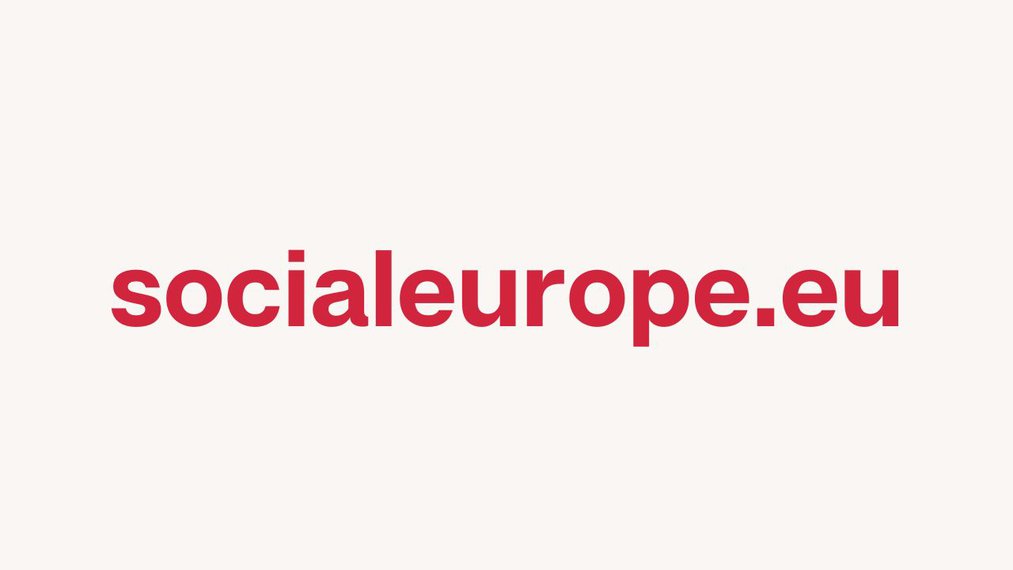
Amazon’s office mandate: The hidden power play behind workplace control
Amazon’s office mandate exposes workplace power dynamics and the need to rethink employer control.

Amazon’s office mandate exposes workplace power dynamics and the need to rethink employer control.

The distinction between employed and self-employed is becoming incoherent and outdated.

The ‘gig’-economy directive, a critical legacy of social rights from this EU term, is being held up by some member states.

As the world inches back to normality, the Covid-19 crisis highlights deep structural inequalities and the urgent need for bold, systemic solutions to tackle climate

Europe is undergoing multiple transitions. For these to succeed, social dialogue to build consensus will be essential.

EU anti-discrimination law applies to all ‘personal work’—not just employment contracts—the Court of Justice has ruled.

Remote work will outlast the pandemic. But workers must be inoculated against the risks.

The Metaverse has been talked about only in terms of gee-whiz technologies.

The proposal for an EU directive on platform work about to emerge is welcome, yet insufficient—and no substitute for national action.

Responses to the pandemic have upended the idea that ‘there is no alternative’ to macroeconomic policies engendering widening inequality.

The pandemic made us all familiar with ‘social distancing’. Employers are starting to glimpse a future where ‘contractual distancing’ is normalised.

The pioneering Danish collective agreement on platform-based domestic workers has been vitiated by a misguided ruling by its competition authority.